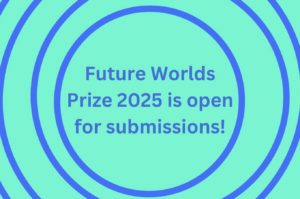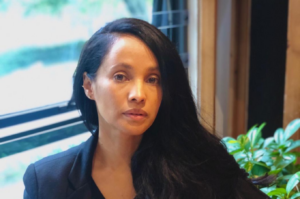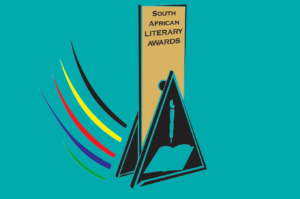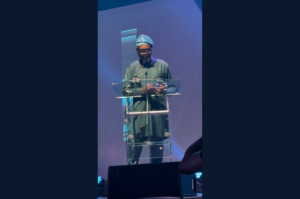
BBC Africa recently spotlighted Emi Mahmoud’s stunning poem on the ongoing war in Sudan titled “Sudan Balady”. Mahmoud, a Sudanese-American world champion slam poet and former refugee, shared the personal and political repercussions of this war.
In the BBC Africa interview, Mahmoud notes that she has lost seven of her family members in the conflict in Sudan over the past year. Last week alone, she lost four more. She remarks, “This is one of the biggest wars and crises of our times and it’s going completely unnoticed.”
Mahmoud adds that the war in Sudan is difficult for the country at large due to the ongoing conflicts in the region:
I think what was so difficult about the war that started a year ago in Sudan is not only that it seemed to open old wounds but in many ways, wars have not really truly ended in our country. And what was so painful about that was it felt that we were being pushed back to square one.
Although she lives in the US, Mahmoud says that being far away from her homeland has in a way allowed her to “keep carrying the torch” and she has used the turmoil in her home country as a source of inspiration. She explains, “Our voices are being drowned out by people in power and I think that’s very painful. So I wanted to capture that in the poem . . . “Sudan Balady” means Sudan my home or Sudan my homeland essentially.”
The poem touches on her personal losses and on the broader despair created by the conflict, including its ongoing omission from the international community. She hopes that the humanity of the poem urges people to act accordingly and see the violence and loss of humanity taking place in her homeland:
In these moments, I feel that poetry is something that can help people understand the urgency or connect through all of the pain that the whole world is going through right now.
Emtithal “Emi” Mahmoud is a Sudanese-American poet and activist, who won the 2015 Individual World Poetry Slam championship. In 2018, she became UNHCR Goodwill Ambassador, and in this capacity, has traveled to refugee camps in Kenya, Greece and Jordan, drawing wider attention to the situation of refugees.
Listen to Mahmoud’s full poem and interview below:
View this post on Instagram









COMMENTS -
Reader Interactions